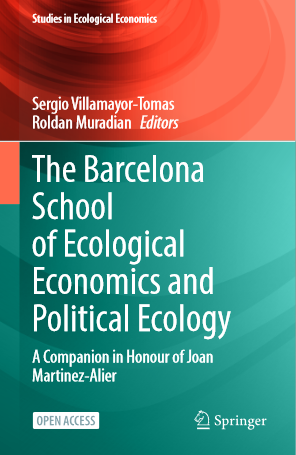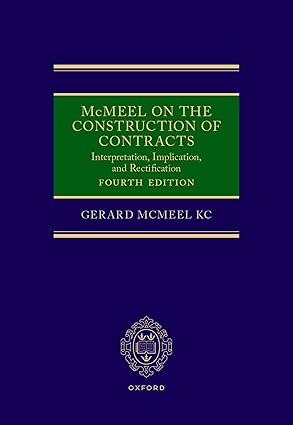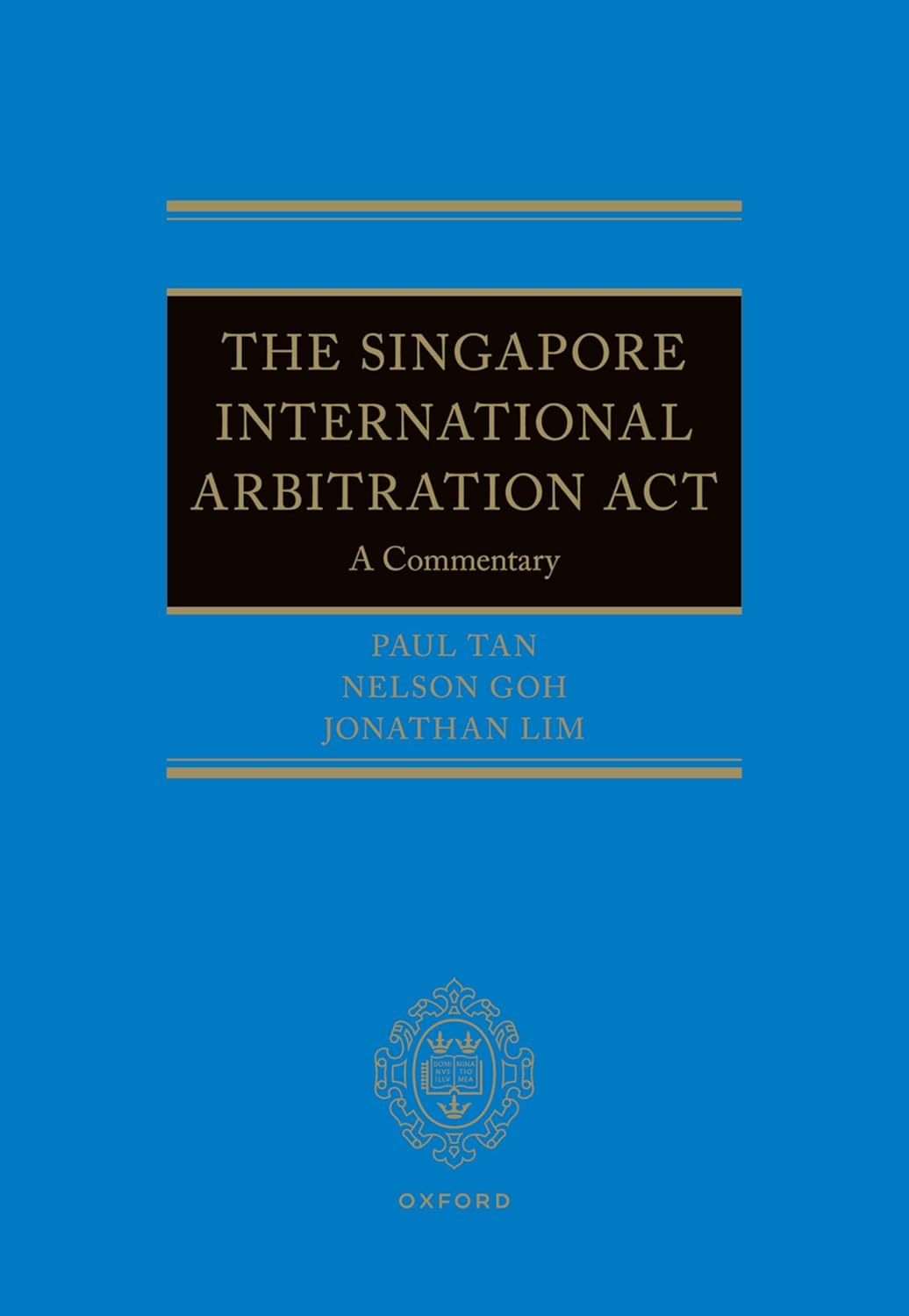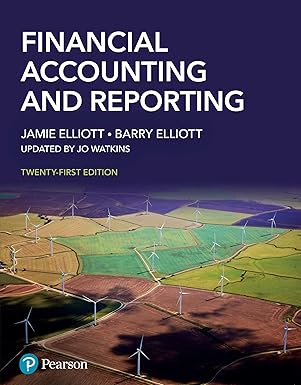My mother tried (unsuccessfully) to become a volunteer nurse on the Republican side in the Spanish Civil War and prompted me at an early age to read George Orwell’s Homage to Catalonia. In my fifteenth summer, before the tourist boom, she took me for a week to Tossa del Mar, partly in the hope that I would learn a little Spanish. I remember on the beach meeting another teenager, a couple of years senior to me, and enquiring (inarticulately) what he thought of Franco. At first he looked all round, then led me to a quiet spot. “Odio a Franco.” I tried to understand why, but the barrier separating us was more than linguistic. No-one I knew in London was as intense as this. “After the war he killed my father, he killed my two older brothers. The only reason I survived was because I was so little.” Such antecedents shaped my reactions when, 8 years later, I first met Joan Martinez-Alier – at the Latin American Centre in Oxford University, where I was beginning my academic career. My spoken Spanish was still shaky, but I had learnt to read quite well. Joan had just published his first book with Ruedo Iberico, an ethnography of olive growing in southern Spain, and he needed someone to help him translate into grammatical English. After a few months I became remarkably proficient in the specialized vocabulary of olive planting, hoeing and harvesting, even though I had never knowingly clapped eyes on an olive grove, and was still barely capable of a social conversation in Spanish on more familiar matters. What did penetrate my consciousness was the spirit of the Miguel Hernandez poem quoted above. Prefaces vii Little by little I became acquainted with more of Joan’s work and outlook, and over the ensuing half century, our paths have crossed from time to time, although only rarely and fleetingly. Since the great hinterland of his life is closed to me, all that I can contribute here are the following fragmentary and episodic recollections. They concern his impact on me, rather than the overall arc of his existence. Reading about his oliveros reinforced one of my early professional biases. Whatever grand theory or social science orthodoxy happened to absorb my attention at any particular time, Joan (like my mother in this respect) always reminded me of the need to listen to ordinary people, to value close observation of real conditions, to resist the intellectual’s temptation to substitute a fancy generalization for the granular texture of actual human practices. I was more of a welfare statist than Joan (always the anarchist at heart). But Joan’s encouragement of patient ethnographic enquiry, informed by a genuine openness to humanity’s strange diversity of “really existing” conditions, beliefs and practices, has proved a vital antidote to the “ivory tower” distortions of a lifetime spent in Oxford Colleges. Oxford’s Latin American Centre has always needed some capacity to monitor and explain the course of the Cuban Revolution, and (unlike in Spain) there is almost no-one in British academia who has the opportunity to pursue that thread of enquiry. On a modest scale that task has normally fallen to me, and in the early days, Joan played a creative role in strengthening that project. The core problem has always been that the Fidelista lobby can tolerate no critical commentary, while the massed weight of US (and therefore English language) scholarship on Cuba is suf- fused with anti-fidelista and Miami-centric bias to such an extent that little in- between can get a hearing. But a few of us could listen to both sides without being captured by either orthodoxy, and the mandate of the Latin American Centre was to pursue the evidence that both camps distorted and disvalued. In particular, my prob- lem has always been that although I could easily access both Havana and Miami, I lacked the face-to-face contact needed to reliably bypass the clashing ideologies. In this regard, at an early stage in my career, I recall making some approximate and unfounded guesses about peasant life in communist Cuba. Joan quietly but firmly informed me of the sad and sorry realities, at least as he had observed them firsthand in one small community in the neglected eastern interior. Since then I have I have been more careful to remember what I did not know about the island
چکیده فارسی
مادرم تلاش کرد (ناموفق) در جنگ داخلی اسپانیا یک پرستار داوطلب در طرف جمهوری خواه شود و من را در سنین پایین ترغیب کرد تا کتاب ادای احترام به کاتالونیا جورج اورول را بخوانم. در پانزدهمین تابستان، قبل از رونق گردشگری، او مرا برای یک هفته به توسا دل مار برد، تا حدی به این امید که کمی اسپانیایی یاد بگیرم. یادم می آید که در ساحل با نوجوان دیگری که چند سال از من بزرگتر بود ملاقات کردم و نظر او را درباره فرانکو جویا شدم. ابتدا همه جا را نگاه کرد، سپس مرا به یک نقطه آرام هدایت کرد. "Odio a Franco." سعی کردم دلیل آن را بفهمم، اما مانعی که ما را از هم جدا میکرد بیش از زبانی بود. هیچ کس که در لندن می شناختم به این شدت نبود. «بعد از جنگ پدرم را کشت، دو برادر بزرگترم را هم کشت. تنها دلیل زنده ماندنم این بود که خیلی کوچک بودم.» چنین پیشینههایی واکنشهای من را زمانی شکل داد که 8 سال بعد، برای اولین بار با جوآن مارتینز-آلیر - در مرکز آمریکای لاتین در دانشگاه آکسفورد، جایی که کار آکادمیک خود را آغاز میکردم، آشنا شدم. زبان اسپانیایی من هنوز متزلزل بود، اما خواندن را کاملاً خوب یاد گرفته بودم. جوآن به تازگی اولین کتاب خود را با Ruedo Iberico، قوم نگاری از پرورش زیتون در جنوب اسپانیا منتشر کرده بود، و او به کسی نیاز داشت که به او کمک کند تا به زبان انگلیسی دستوری ترجمه کند. پس از چند ماه، به طرز چشمگیری در واژگان تخصصی کاشت، بیل زدن و برداشت زیتون مهارت پیدا کردم، حتی با وجود اینکه هرگز آگاهانه به یک باغ زیتون دست نزده بودم، و هنوز به سختی قادر به گفتگوی اجتماعی به زبان اسپانیایی در مورد مسائل آشناتر بودم. آنچه در آگاهی من رخنه کرد، روح شعر میگل هرناندز بود که در بالا نقل شد. پیشگفتارها کم کم با کارهای و دیدگاههای جوآن بیشتر آشنا شدم، و در طول نیم قرن بعد، مسیرهای ما هر از گاهی با هم تلاقی میکردند، هرچند به ندرت و زودگذر. از آنجایی که سرزمین بزرگ زندگی او به روی من بسته است، تنها چیزی که می توانم در اینجا کمک کنم، خاطرات تکه تکه و اپیزودیک زیر است. آنها به تأثیر او بر من مربوط می شوند، نه به قوس کلی وجود او. خواندن در مورد oliveros او یکی از تعصبات اولیه حرفه ای من را تقویت کرد. هر نظری بزرگ یا ارتدوکسی علوم اجتماعی که در هر زمان خاص توجه من را به خود جلب می کرد، جوآن (از این نظر مانند مادرم) همیشه به من یادآوری می کرد که باید به مردم عادی گوش کنم، برای مشاهده دقیق شرایط واقعی ارزش قائل باشم، و در مقابل روشنفکران مقاومت کنم. وسوسه جایگزین کردن یک تعمیم فانتزی به جای بافت دانه ای اعمال واقعی انسانی. من بیشتر از جوآن (که در قلب همیشه آنارشیست بود) یک دولتشناس رفاه بودم. اما تشویق جوآن به تحقیق قومنگاری بیمار، که از گشودگی واقعی به تنوع عجیب و غریب بشریت از شرایط، باورها و عملکردهای «واقعاً موجود» خبر میدهد، پادزهری حیاتی برای تحریفهای «برج عاج» یک عمری که در کالجهای آکسفورد گذرانده بود، به اثبات رسانده است. مرکز آمریکای لاتین آکسفورد همیشه به ظرفیتی برای نظارت و توضیح روند انقلاب کوبا نیاز داشته است، و (برخلاف اسپانیا) تقریباً هیچ کس در دانشگاه بریتانیا نیست که این فرصت را داشته باشد که این موضوع را دنبال کند. در مقیاسی متوسط، این وظیفه معمولاً به عهده من بود، و در روزهای اولیه، جوآن نقش خلاقانه ای در تقویت آن پروژه داشت. مشکل اصلی همیشه این بوده است که لابی فیدلیستا نمی تواند هیچ تفسیر انتقادی را تحمل کند، در حالی که وزن انبوه بورس تحصیلی ایالات متحده (و در نتیجه به زبان انگلیسی) در مورد کوبا به حدی با تعصبات ضد فدایی و میامی محور آغشته شده است که اندک است. در بین می تواند شنوایی دریافت کند. اما تعداد کمی از ما میتوانستیم به حرفهای هر دو طرف گوش دهیم بدون اینکه اسیر هیچ یک از ارتدوکسها شویم، و مأموریت مرکز آمریکای لاتین این بود که شواهدی را دنبال کند که هر دو اردوگاه تحریف و بیارزش کردند. به طور خاص، مشکل من همیشه این بوده است که اگرچه میتوانم به راحتی به هاوانا و میامی دسترسی داشته باشم، اما فاقد تماس رو در رو لازم برای دور زدن ایدئولوژیهای متضاد بودم. در همین راستا، در مراحل اولیه کارم، به یاد میآورم که برخی حدسهای تقریبی و بیاساس درباره زندگی دهقانی در کوبای کمونیستی انجام دادهام. جوآن بی سر و صدا اما با قاطعیت مرا از واقعیت های غم انگیز و متأسفانه آگاه کرد، حداقل همانطور که او آنها را از نزدیک در یک جامعه کوچک در بخش شرقی غفلت شده مشاهده کرده بود. از آن زمان به بعد بیشتر مراقب بودم تا چیزهایی را که درباره جزیره نمی دانستم به یاد بیاورم
ادامه ...
بستن ...
ISSN 1389-6954 ISSN 2542-9531 (electronic)
Studies in Ecological Economics
ISBN 978-3-031-22565-9 ISBN 978-3-031-22566-6 (eBook)
https://doi.org/10.1007/978-3-031-22566-6
© The Editor(s) (if applicable) and The Author(s) 2023
Open Access This book is licensed under the terms of the Creative Commons Attribution 4.0
International License (http://creativecommons.org/licenses/by/4.0/), which permits use, sharing,
adaptation, distribution and reproduction in any medium or format, as long as you give appropriate credit
to the original author(s) and the source, provide a link to the Creative Commons license and indicate if
changes were made.
The images or other third party material in this book are included in the book’s Creative Commons
license, unless indicated otherwise in a credit line to the material. If material is not included in the book’s
Creative Commons license and your intended use is not permitted by statutory regulation or exceeds the
permitted use, you will need to obtain permission directly from the copyright holder.
The use of general descriptive names, registered names, trademarks, service marks, etc. in this publication
does not imply, even in the absence of a specific statement, that such names are exempt from the relevant
protective laws and regulations and therefore free for general use.
The publisher, the authors, and the editors are safe to assume that the advice and information in this book
are believed to be true and accurate at the date of publication. Neither the publisher nor the authors or the
editors give a warranty, expressed or implied, with respect to the material contained herein or for any
errors or omissions that may have been made. The publisher remains neutral with regard to jurisdictional
claims in published maps and institutional affiliations.
This Springer imprint is published by the registered company Springer Nature Switzerland AG
The registered company address is: Gewerbestrasse 11, 6330 Cham, Switzerlan
ادامه ...
بستن ...










